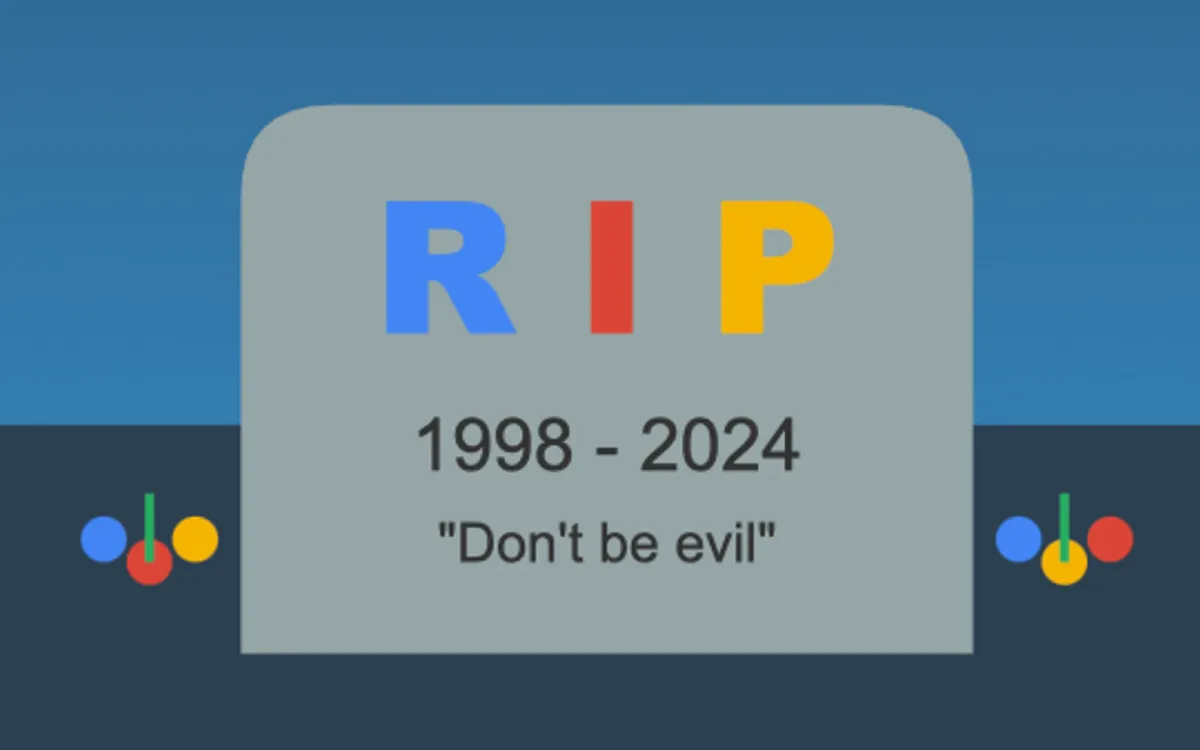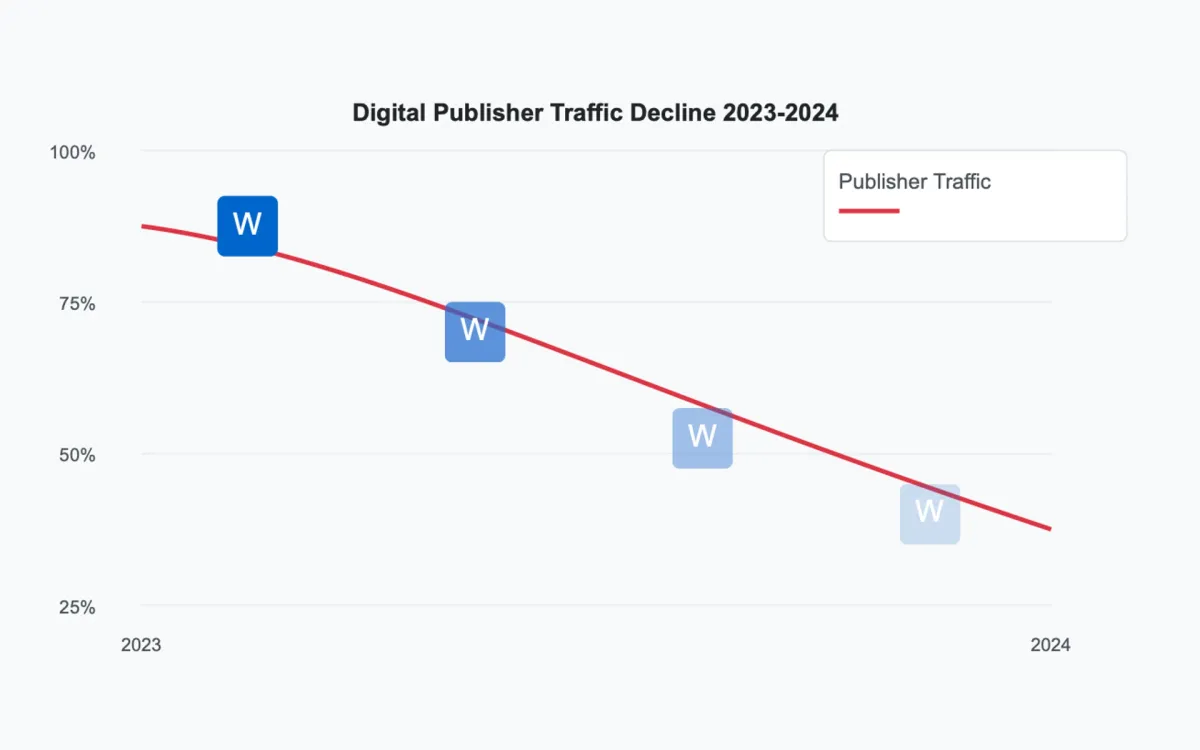
The autumn air in Silicon Valley carries an unusual tension this October 31, 2024, as two simultaneous events unfold that might reshape the future of how humans access information. While OpenAI celebrates the launch of its comprehensive web search capabilities through ChatGPT, Google faces an unprecedented crisis of confidence, with its own engineers admitting fundamental flaws in their search algorithms.
In a revelation that sent shockwaves through the tech industry, Google search engineers recently acknowledged a startling inability to perform what many consider basic search quality assessments. According to Morgan, a prominent industry figure who was present at a recent meeting, Google engineers posed a question that would have been unthinkable just a few years ago: "How can I look at two websites and tell which is spam and which is genuine?"
"If they really said that, then it's an absolute indictment and shows how bad Google is," comments Dan Schmidt, a veteran SEO expert. "It also shows that they are absolutely incapable of recognizing the quality of content. Obviously, Google's capabilities have been grossly overestimated for years."
While Google grapples with these existential questions, OpenAI has launched what might be the most significant challenge to Google's search dominance in decades. The company's new search functionality, built on a specialized version of GPT-4o, comes with an impressive roster of 13 major news organizations as launch partners, including Reuters, Associated Press, and Financial Times.
"We are convinced that AI search will be, in a near future and for the next generations, a primary way to access information," states Louis Dreyfus, CEO and Publisher of Le Monde, one of the participating news organizations. This sentiment echoes through the publishing industry, with Mathias Sanchez, SVP Global Strategic Partnerships at Axel Springer SE, adding, "As AI reshapes the media landscape, Axel Springer's partnership with OpenAI opens up tremendous opportunities for innovative advancements."
Perhaps nowhere is the contrast between the old and new more stark than in how each platform handles branded searches. Lily Ray, a respected search industry expert, demonstrates this through direct comparison: "ChatGPT Search does not seem to be affected by this glitch. When you search for a company's brand name, ChatGPT actually serves information about the brand, from the brand, plus multiple links to the company's own website!"
The frustration among website owners is palpable. Kasey Moore, a content publisher, shares their experience: "The amount of times I've seen Google AI Overviews reference our two Facebook page, Twitter profile and LinkedIn post but not our actual website is infuriating."
 PPC LandLuís Rijo
PPC LandLuís Rijo
ChatGPT's new search system showcases OpenAI's technical capabilities. Under the hood, the specialized version of GPT-4o incorporates new synthetic data generation techniques, developed by a team of over 40 researchers and engineers. The system provides real-time access to current news updates, live sports scores, stock market data, weather information, and geographic mapping, all while maintaining conversational context.
For publishers, the contrast between platforms has become increasingly clear. Pam Wasserstein, President of Vox Media, notes, "ChatGPT search promises to better highlight and attribute information from trustworthy news sources, benefiting audiences while expanding the reach of publishers."
The sentiment is echoed by ITV Shipper, who raises a critical question about Google's approach: "Which then begs the question- WHAT in that algorithm is flagging any site as spam in the first place? If Google can't be bothered to solve it, at least let the publishers know, so that they can try and reverse-engineer their way out of it!"
As the dust settles on this historic day, the implications become clearer. One industry observer, RockAction, notes hopefully, "If anything, hopefully the competition alone forces changes for the good." However, Dan Schmidt offers a more measured perspective: "This should only bring traffic to a few special niches. The 'normal user' looking for a review of a specific frying pan doesn't even know ChatGPT."
Yet, with major media companies aligned with OpenAI's vision and Google's apparent struggles with basic search quality assessment, the writing may be on the wall. As one software engineer notes, "What does it tell about the trash Google has become because of their incompetence."
Market Impact Summary
- ChatGPT launched comprehensive web search on October 31, 2024
- 13 major news organizations partnered with OpenAI
- Google engineers admit difficulties distinguishing real content from spam
- ChatGPT search successfully displays branded content while Google struggles
- OpenAI implemented systematic publisher feedback systems
- The system operates on advanced GPT-4o technology
- Initial access limited to Plus and Team subscribers
- Multiple industry experts confirm Google's quality assessment challenges
- Major publishers express confidence in ChatGPT's search capabilities

